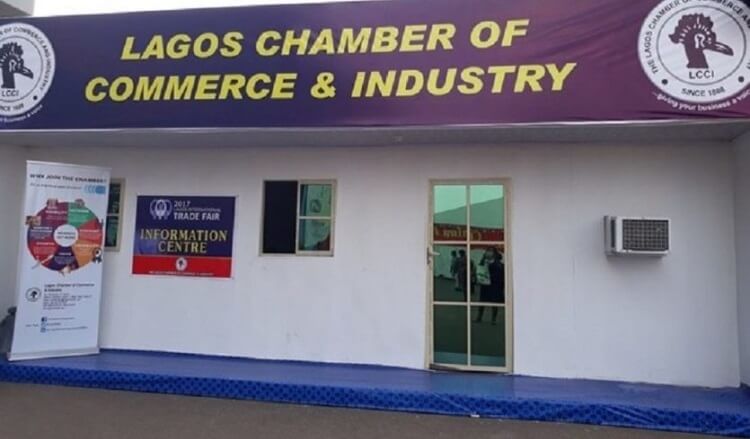The Lagos Chamber of Commerce and Industry (LCCI) has commended the steady decline in Nigeria’s inflation rate, describing the development as a promising signal for economic stability.
However, the Chamber warned that the gains remain fragile without sustained structural reforms, particularly in foreign exchange management, food security, and supply-chain efficiency.
According to the latest figures released by the National Bureau of Statistics (NBS), headline inflation eased to 16.05 per cent in October 2025, while food inflation slowed to 13.12 per cent.
This marks the seventh consecutive month of inflation moderation, driven by softer food prices, a firmer naira, and improved harvest outcomes, factors that have offered some relief to households and businesses facing persistent cost pressure.
Despite the positive year-on-year trend, the Chamber raised concerns about emerging short-term risks, pointing to the uptick in month-on-month inflation, which rose to 0.93 per cent in October from 0.72 per cent in September.
The LCCI stressed that the components of the food basket continue to exert significant upward pressure, underscoring the vulnerability of the Consumer Price Index to food-related shocks.
Advertisement
LCCI Director General, Dr Chinyere Almona, noted that while the easing inflation trend provides an opportunity to restore confidence, decisive action is required to consolidate the gains.
She urged policymakers to implement bold foreign exchange reforms, strengthen national food security systems, and address structural bottlenecks limiting the efficient distribution of goods.
She added that coordinated reforms at the federal and state levels are essential to reducing the sharp disparities reflected across state inflation figures, which signal uneven economic resilience within the country.
The Chamber also encouraged private-sector operators to take advantage of the improving macroeconomic environment by reinvesting, boosting production capacity, and creating jobs.
According to Almona, the present window of stability, if properly managed, could accelerate economic recovery and set the stage for sustainable growth.
Advertisement
“Nigeria stands at a pivotal turning point. By acting decisively now, the nation can convert easing inflation into lasting economic confidence and a more prosperous future for all,” she said.
The Chamber reaffirmed its commitment to engaging government agencies and supporting reforms aimed at strengthening the resilience of the Nigerian economy.

